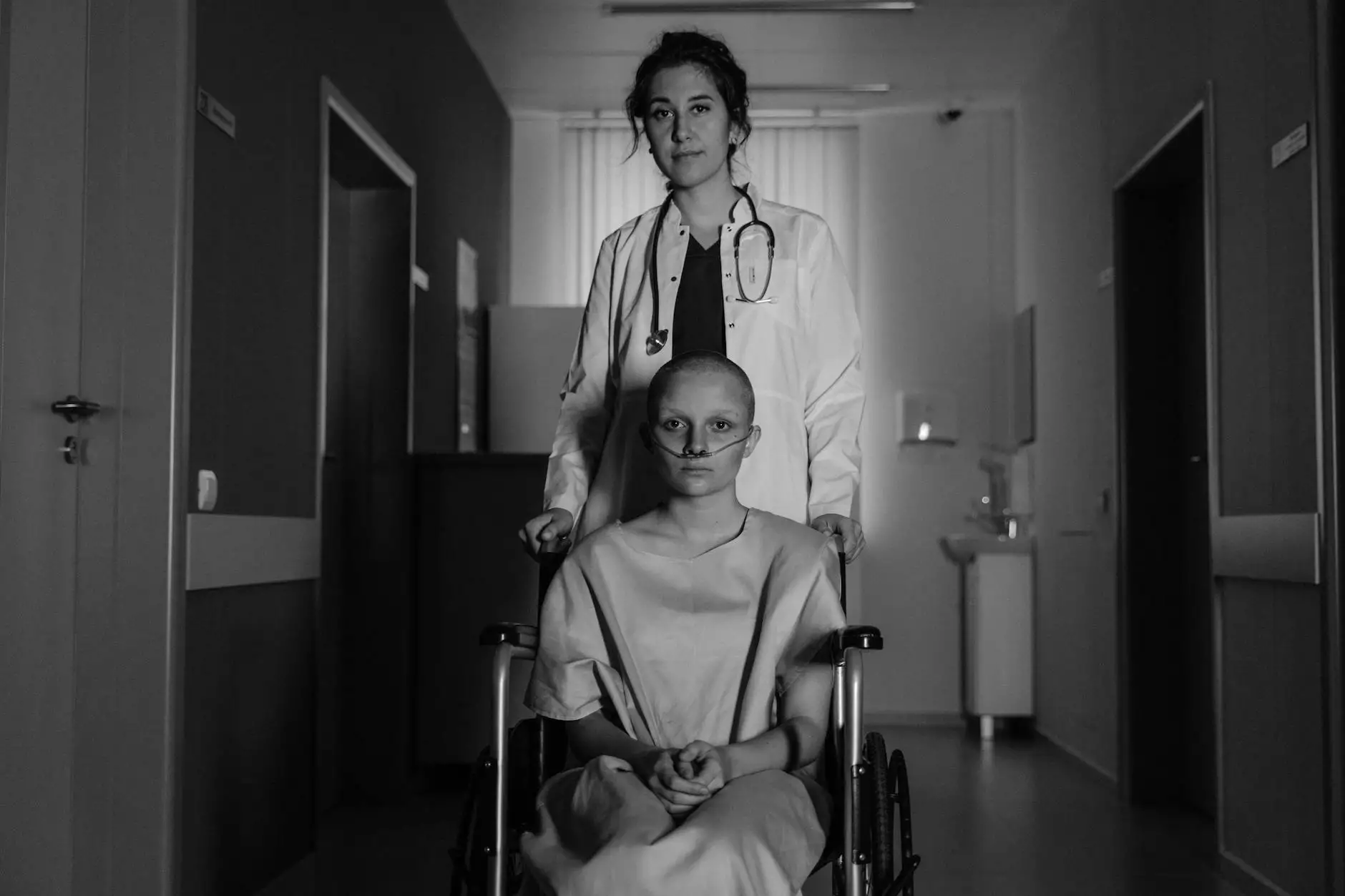Understanding the Role of a Thyroid Cancer Specialist

Thyroid cancer is a disease that affects many individuals worldwide, with various factors contributing to its development and progression. The role of a thyroid cancer specialist is crucial in ensuring effective diagnosis, treatment, and ongoing support for patients. In this comprehensive article, we will delve into the essential aspects of thyroid cancer, highlight the importance of specialized care, and provide insights into the journey patients may experience.
What Is Thyroid Cancer?
Thyroid cancer originates in the thyroid gland, a butterfly-shaped organ located at the base of the neck. The gland is responsible for producing hormones that regulate various bodily functions, including metabolism and heart rate. There are several types of thyroid cancer, including:
- Papillary Thyroid Cancer: The most common type, often diagnosed in younger patients and generally has a good prognosis.
- Follicular Thyroid Cancer: A less common type that can be more aggressive than papillary cancer.
- Medullary Thyroid Cancer: A rare form that can be genetic and requires early detection.
- Anaplastic Thyroid Cancer: The least common but highly aggressive form that requires immediate attention.
Symptoms of Thyroid Cancer
Recognizing the symptoms of thyroid cancer early on can be pivotal in ensuring successful treatment. Common symptoms include:
- A lump or nodule in the neck
- Difficulties swallowing or breathing
- Persistent hoarseness or voice changes
- Swelling in the neck
- Pain in the neck or throat
The Importance of Consulting a Thyroid Cancer Specialist
When experiencing any of the symptoms listed above, it is essential to consult a thyroid cancer specialist. These healthcare professionals have specialized training and expertise in diagnosing and managing thyroid conditions. The benefits of consulting a thyroid cancer specialist include:
Accurate Diagnosis
Obtaining an accurate diagnosis is fundamental in the management of thyroid cancer. A thyroid cancer specialist employs various diagnostic tools, including:
- Ultrasound: To visualize the thyroid gland and detect any abnormalities.
- Fine Needle Aspiration Biopsy: To obtain tissue samples for examination.
- Blood Tests: To check hormone levels and other markers indicative of thyroid dysfunction.
Customized Treatment Plans
Every patient's journey with thyroid cancer is unique. A thyroid cancer specialist develops customized treatment plans based on the specific type of cancer, its stage, and the patient's overall health. Treatment options may include:
- Surgery: The most common treatment involving the removal of the thyroid gland.
- Radioactive Iodine Therapy: Used post-surgery to target any remaining cancerous cells.
- External Radiation Therapy: May be recommended in advanced cases.
- Targeted Therapy: For specific genetic mutations identified in cancer cells.
- Hormone Replacement Therapy: Often necessary post-surgery to regulate hormones.
Follow-Up and Monitoring
After the initial treatment, ongoing follow-up with a thyroid cancer specialist is vital for ensuring long-term health. Regular monitoring may include:
- Routine blood tests to monitor thyroid hormone levels.
- Ultrasounds to detect any recurrence of cancerous nodules.
- Comprehensive evaluations for any signs of new symptoms.
Support and Resources for Patients
Coping with a thyroid cancer diagnosis can be emotionally and physically challenging. A thyroid cancer specialist not only provides medical care but can also connect patients with valuable resources and support groups, aiding in their overall recovery and adjustment.
Emotional and Psychological Support
Having a support system in place is crucial. Many hospitals and clinics offer:
- Support groups for patients and families.
- Counseling services to address emotional health.
- Patient education programs to understand the disease better.
Contacting a Thyroid Cancer Specialist
Finding the right thyroid cancer specialist can be a challenging process, but it is essential. Patients can consider the following steps:
- Consulting with their primary care physician for referrals.
- Researching specialists’ credentials and patient reviews.
- Scheduling a consultation to discuss concerns and treatment options.
Conclusion
In summary, a diagnosis of thyroid cancer can be daunting, but with the right guidance from a qualified thyroid cancer specialist, patients can navigate their treatment journey with confidence. Early detection, accurate diagnosis, personalized treatment plans, and ongoing support are vital components of effective thyroid cancer care. By prioritizing specialized care, patients can significantly enhance their chances of positive outcomes and lead fulfilling lives post-diagnosis.









